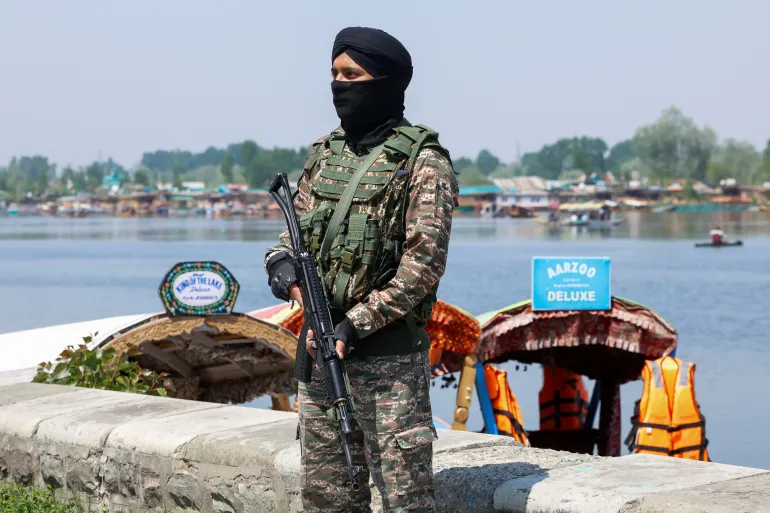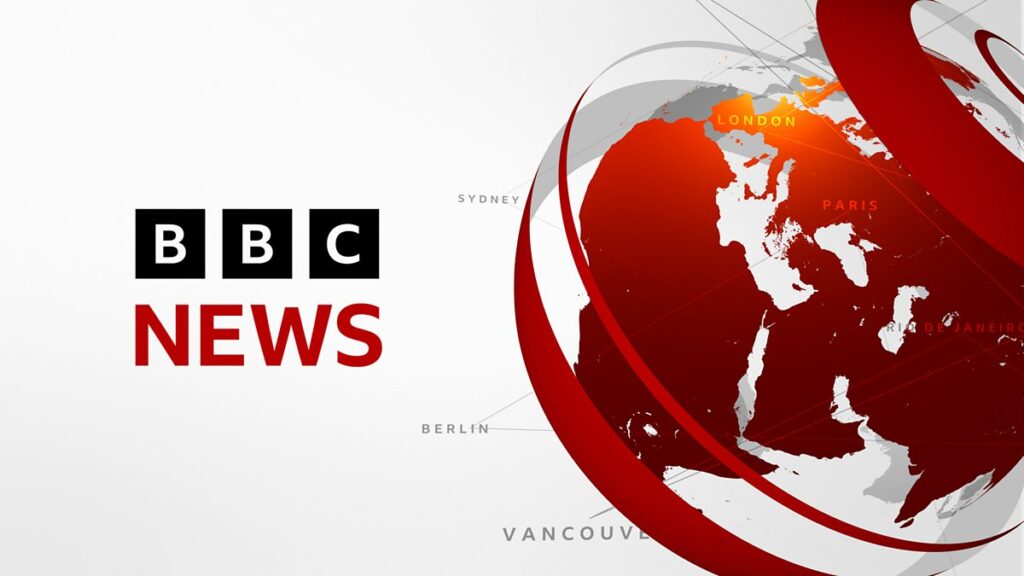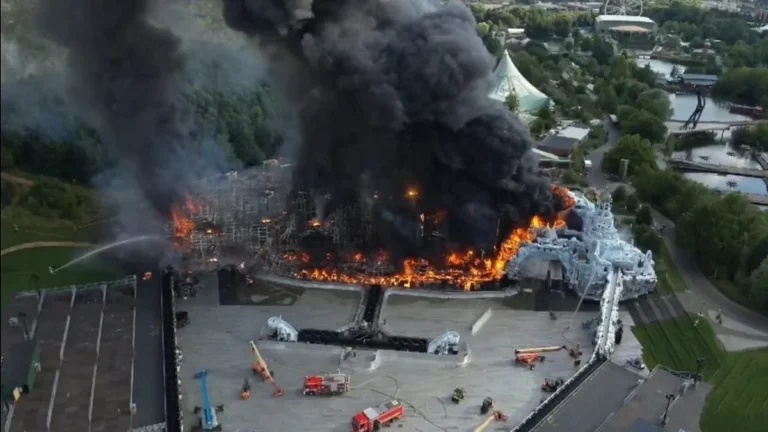
Increased security after pahalgam attack
India’s Ministry of External Affairs has formally reprimanded BBC India, raising objections to its coverage of the April 22 Pahalgam terror attack that claimed the lives of 26 civilians—mostly tourists in Jammu and Kashmir.
Key Concerns:
- Use of “militants” instead of “terrorists”
Officials were unhappy that the BBC repeatedly referred to the attackers as “militants” rather than “terrorists,” a choice they felt downplayed the severity of the atrocity. - Misleading headline phrasing
One particularly contentious headline—“Pakistan suspends visas for Indians after deadly Kashmir attack on tourists”—was criticized for its potential to confuse readers into thinking the violence took place in Pakistan or that India was responsible. - Government’s formal response
A letter expressing “strong sentiments” was sent to BBC India’s India Head, Jackie Martin, and the External Publicity Division of the MEA will now closely monitor the broadcaster’s future reporting on the matter.
Broader Context:
- Censorship of Pakistani media
Alongside this move, the Indian government has banned 16 Pakistan-based YouTube channels—including Dawn, Geo News, and SAMAA—for allegedly spreading provocative, misleading, or communal content in the aftermath of the Pahalgam attack. - Escalating India–Pakistan tensions
The attack has triggered a series of aggressive measures: India suspended the Indus Waters Treaty, ordered out Pakistani military attachés, and shut the Attari border crossing. In retaliation, Pakistan has suspended bilateral agreements, including the 1972 Simla Agreement, and reportedly escalated ceasefire violations along the Line of Control.

Public Backlash:
Indian social media erupted in criticism over the BBC’s language, with users accusing the broadcaster of bias and demanding improved journalistic standards. Some called for a ban on BBC India due to its perceived misrepresentation of the attack.
In summary: India’s government has taken a formal stand against BBC India, objecting to terminology choice and headline framing in its reporting of the Pahalgam attack—and it’s tightening oversight of international media narratives in the wake of heightened bilateral tensions.





